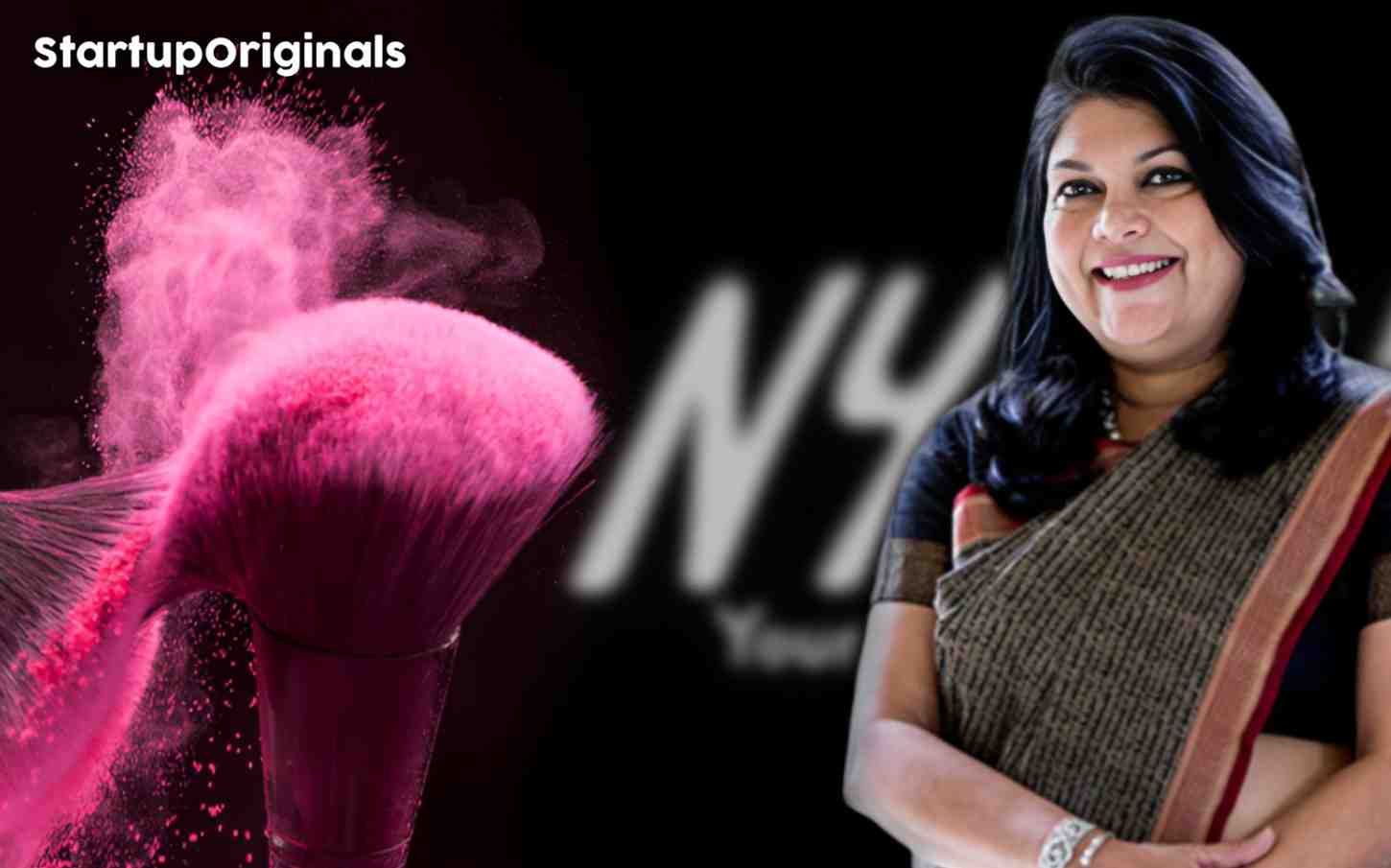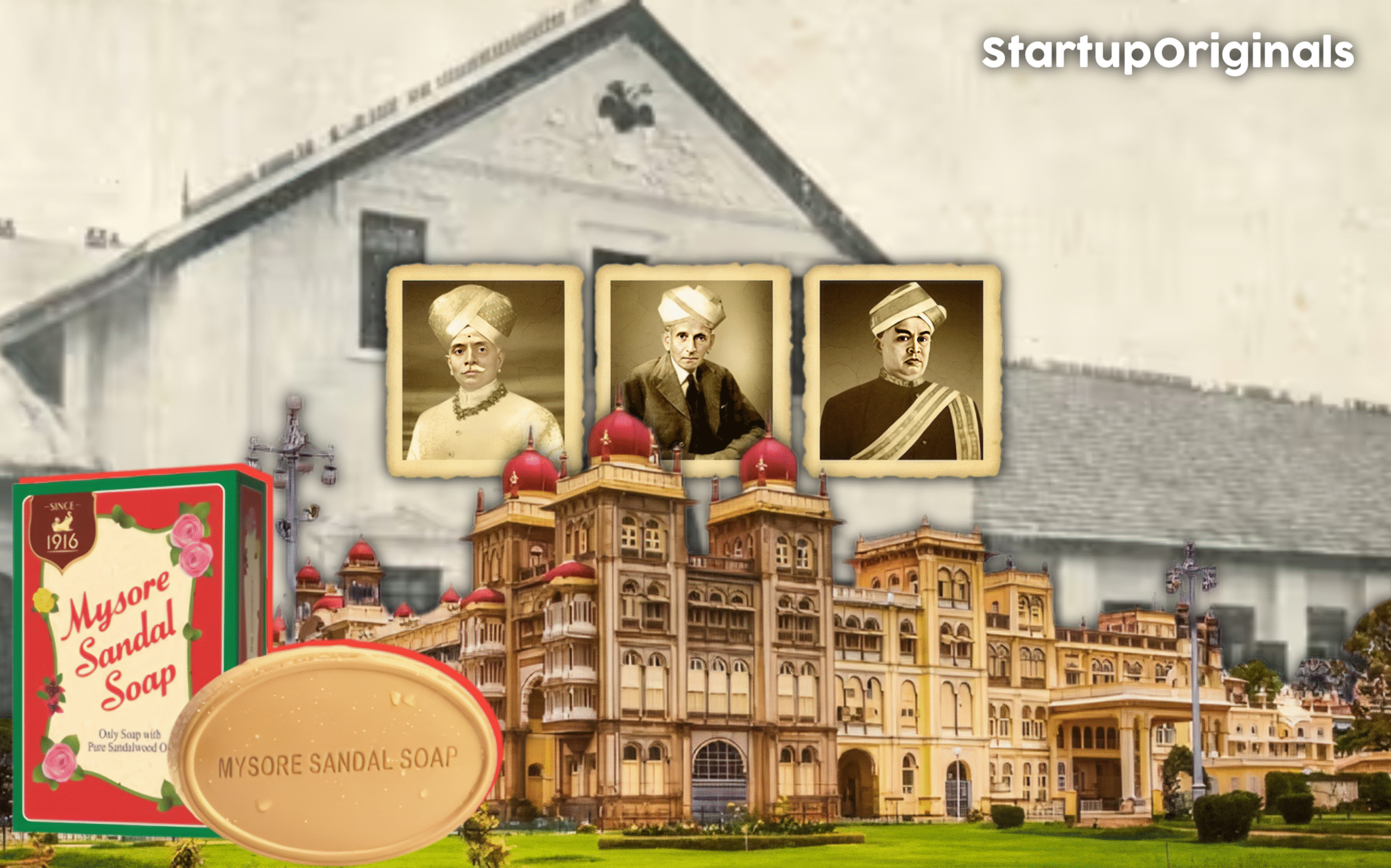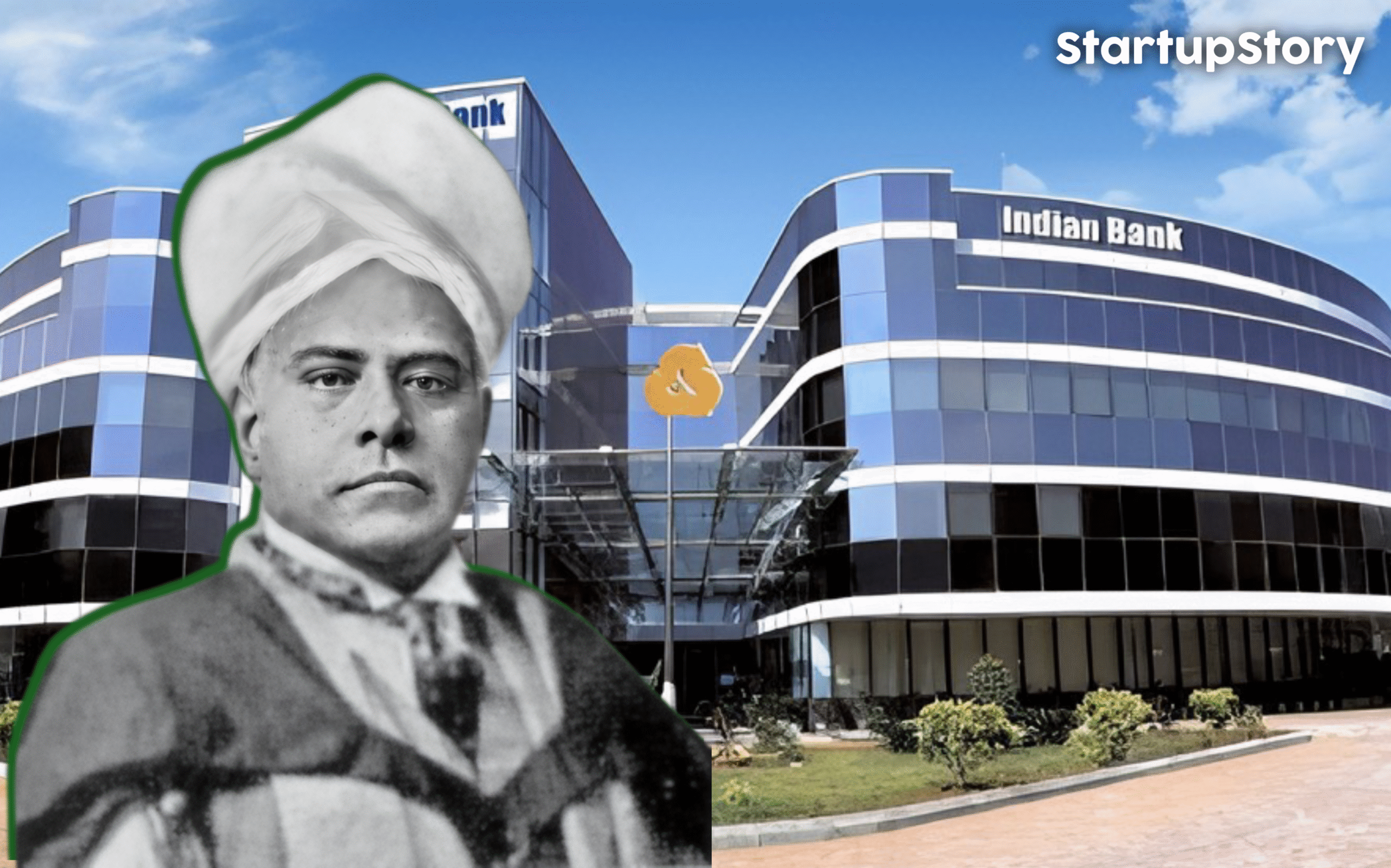
Raja Sir Annamalai Chettiar was a towering figure in India’s pre-independence era-an industrialist, banker, philanthropist, and educationist whose influence shaped Tamil Nadu’s financial and educational landscape. Born on 30 September 1881 in Kanadukathan, Tamil Nadu, into the prominent Nattukottai Nagarathar community, he used his wealth, global exposure, and political acumen to drive lasting change. His legacy lives on through institutions like Indian Bank and Annamalai University, which continue to impact millions across India and beyond.
Early Life and Education:
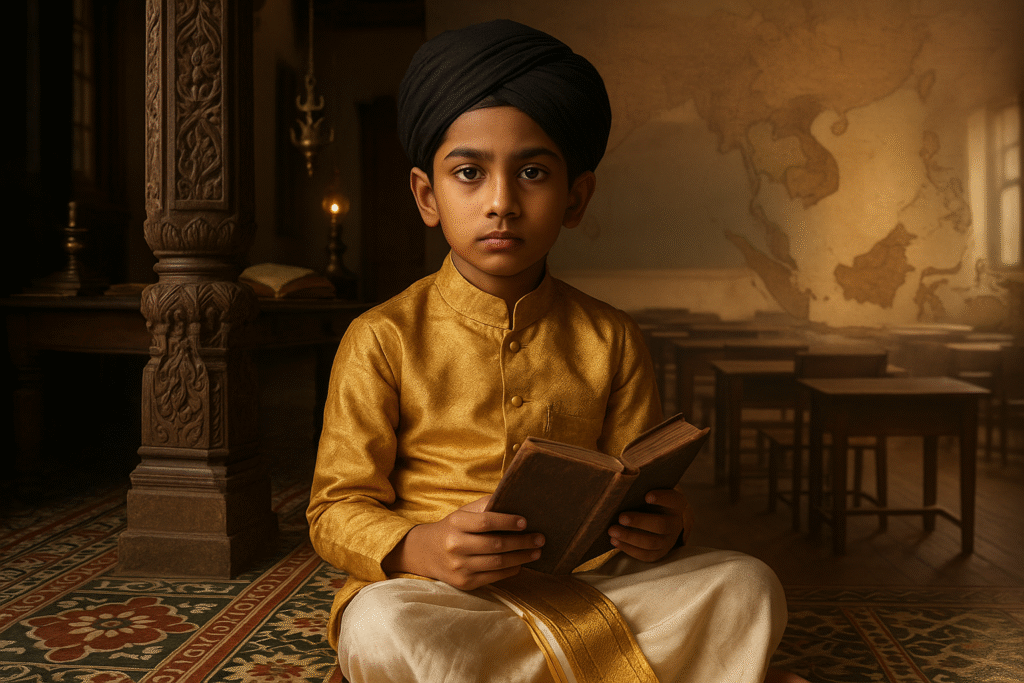
Annamalai Chettiar was born into the wealthy banking family of S. Rm. Muthiah Chettiar. After his schooling, he joined the family’s banking business and gained international experience, especially in Southeast Asia and England. His exposure to global finance and education deeply influenced his vision for India’s future. Upon returning home, he began his public service as the head of the Karaikudi civic body and the District Board, gradually moving into higher roles in governance.
Rise in Public Life and Politics:
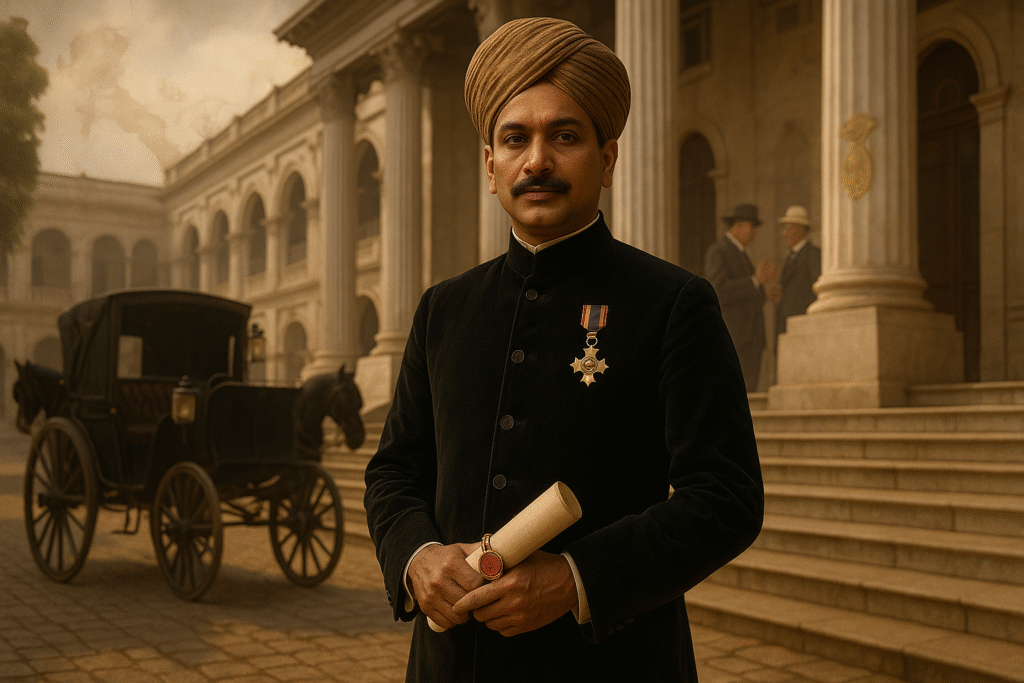
Chettiar’s political journey began with the Madras Legislative Council in 1916. By 1920, he was elected to the Council of State-the upper house of the Imperial Legislative Council of India-serving three consecutive terms. Recognized for his contributions, he was knighted in 1923 and later granted the hereditary title “Raja of Chettinad” in 1929.
Founder of Annamalai University:
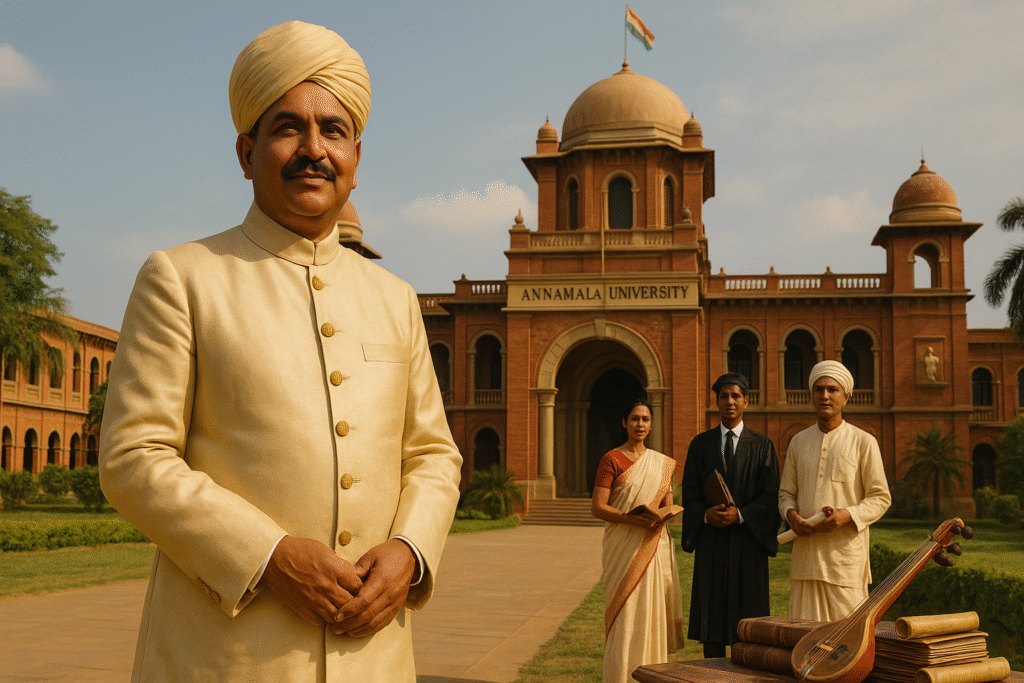
Driven by his commitment to education, Annamalai Chettiar established Sri Meenakshi College in Chidambaram in 1920. Over the years, he expanded the institution by founding a Tamil College (1927), an Oriental Training College, and a College of Music. These were later consolidated into Annamalai University, officially established on 1 January 1929. The university was one of the first private institutions in India and remains a major center for higher learning in Tamil Nadu.
Role in Founding Indian Bank:
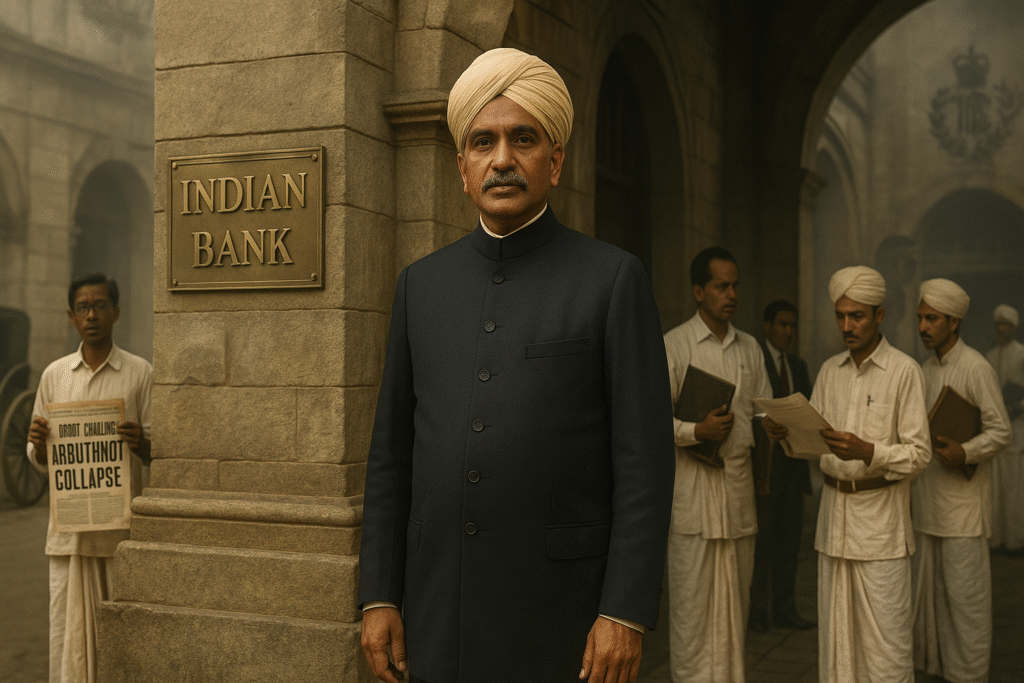
Annamalai Chettiar played a key role in India’s early banking landscape. During the 1906 Madras financial crisis, when Arbuthnot & Co., one of the most prominent British banks, collapsed, it prompted the birth of a nationalist bank. Indian Bank was founded in 1907 by V. Krishnaswamy Iyer and Annamalai’s elder brother, S. Rm. M. Ramaswami Chettiar. Annamalai joined the board in 1915 and later became one of its key directors. In 1921, he became the first Indian governor of the Imperial Bank of India, the predecessor to the State Bank of India.
Expansion and Growth of Indian Bank:
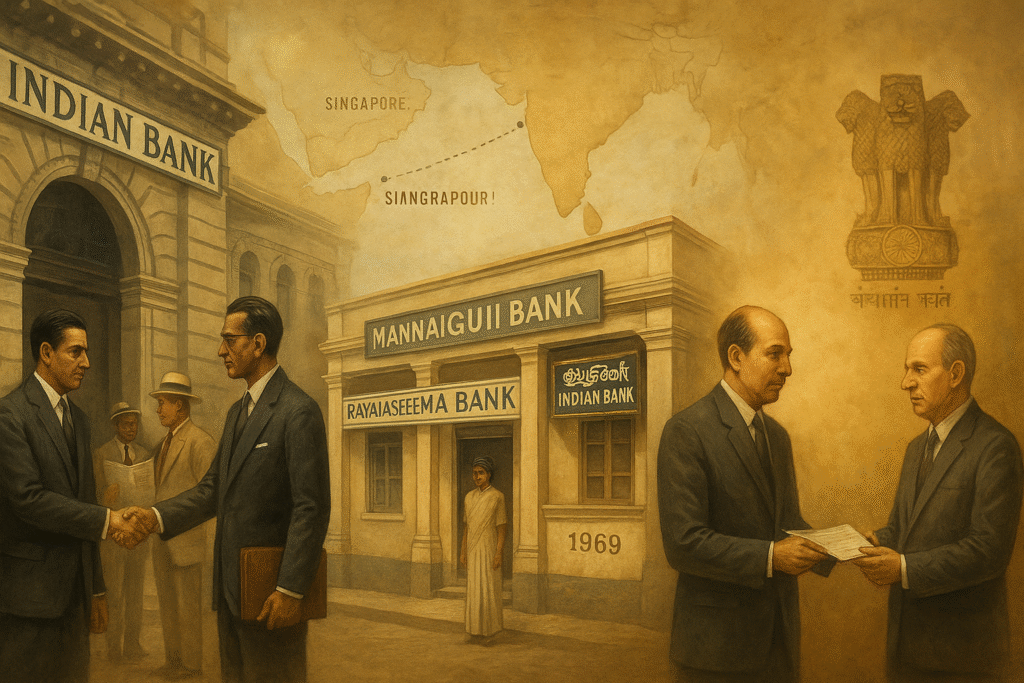
Indian Bank grew steadily over the decades. By the 1930s, it had opened overseas branches in Colombo, Jaffna, Rangoon, Singapore, and Malaysia, though many of these were affected by World War II and post-war changes. Domestically, the bank expanded by acquiring several small banks during the 1960s, including Rayalaseema Bank, Mannargudi Bank, and Trichy United Bank.
In 1969, Indian Bank was among the 14 major banks nationalized by the Indian government. After nationalization, it continued to modernize and expand, even advising foreign banks like PT Bank Rama in Indonesia. It also joined ventures like IUB International Finance in Hong Kong.
Modern Era and the Allahabad Bank Merger:

In 2020, Indian Bank merged with Allahabad Bank, creating the seventh-largest public sector bank in India. The new entity now serves over 100 million customers, with a network of 5,901 branches and 5,268 ATMs, and a total business crossing ₹13.25 lakh crore (US$160 billion) as of March 2025.
Indian Bank today holds international presence through branches in Colombo and Singapore and correspondent partnerships in 75 countries. It also maintains a strong focus on rural banking, education loans, and digital innovation, continuing the inclusive vision set by its founders.



